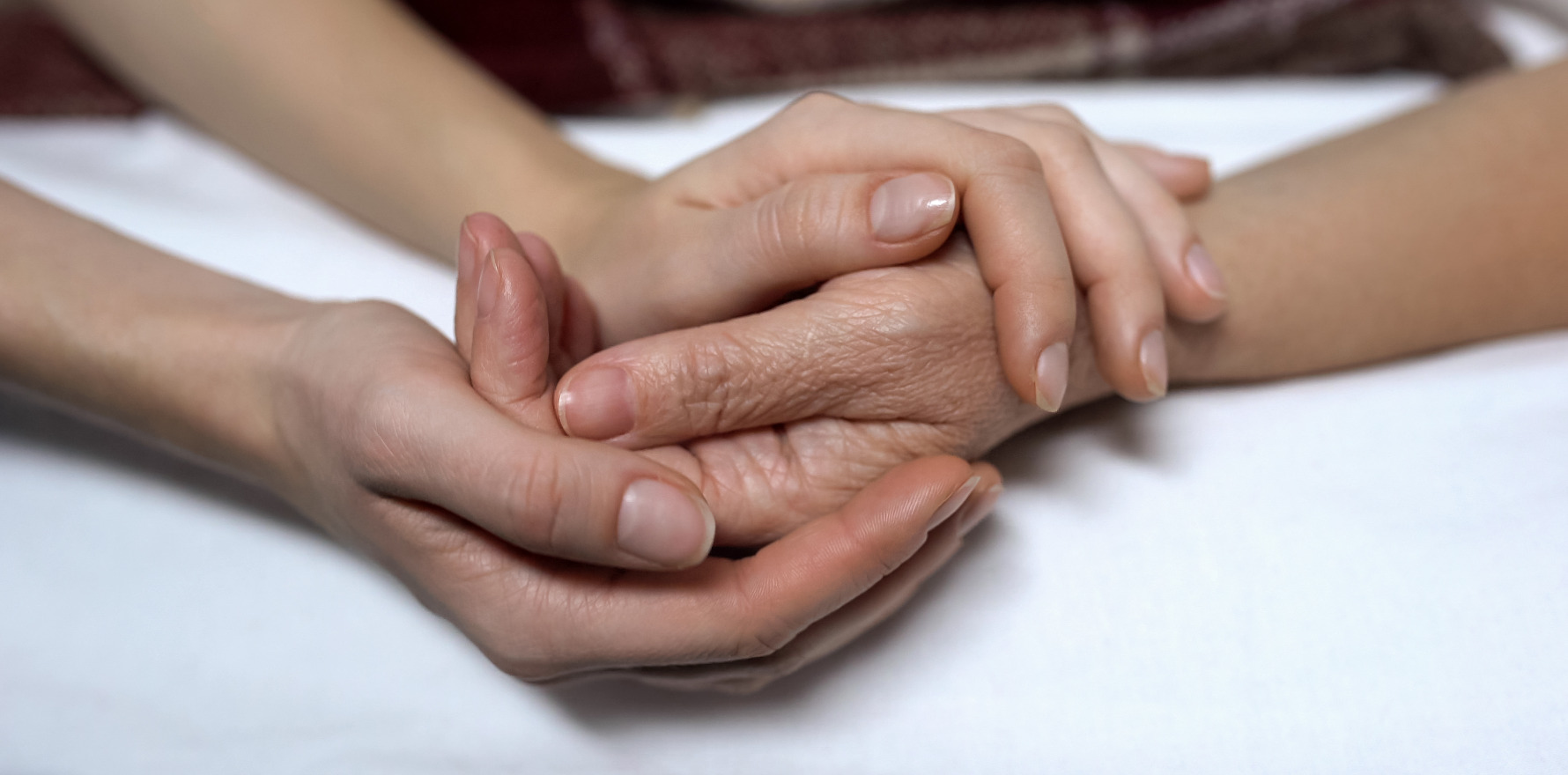The move will require a change to the Criminal Code to prevent doctors from facing prosecution if they advise about VAD via telehealth, email or telephone.
Renewed calls for the federal government to amend the Commonwealth Criminal Code to give doctors the freedom to use telehealth to provide voluntary assisted dying services have come just days after the announcement of the federal election.
It follows a similar call from advocacy group Go Gentle Australia earlier this month, as part of its 2025 federal election priorities.
As reported by The Medical Republic, the group’s CEO Dr Linda Swan described the federal ban on the use of electronic communications such as email, phone and telehealth to provide VAD services as “the antitheses of good clinical care”.
The Australian Medical Association has now joined the cause and issued a new position statement on VAD, which aims to support doctors and patients who choose to participate in legally available VAD services, as well as those who do not.
- See the latest Election 2025 news all on one page, here
AMA president Danielle McMullen called on the next federal government to amend the Criminal Code so doctors can provide VAD services via telehealth without fear of prosecution.
Under the Criminal Code Act 1995, it is an offence to use a carriage service, such as a telephone, videoconference, email or other forms of electronic communication, to publish or distribute material that counsels or incites committing or attempting to commit suicide.
This means doctors who advise patients about VAD via telehealth, email or phone consultations could face criminal charges.
“Doctors have an ethical duty to provide their patients with quality end-of-life care that strives to alleviate pain and suffering, supports individuals’ values and preferences for care and allows them to achieve the best quality of life possible,” said Dr McMullen.
“The prohibition on the use of telehealth could have a major impact on people living in regional, rural and remote communities who may not have the same access to medical services as those in the cities and who may need to travel long distances for care.
“It also disadvantages patients who are physically unable to travel for face-to-face consultations, even at relatively short distances, due to their medical condition.
“The next government must act to ensure eligible patients have equal access to the end-of-life planning of their choice. This is not a new issue and problems with the current legislation are well known to the federal government.”
The AMA’s new position statement reflects the current legislative environment, where voluntary assisted dying (VAD) is now legally available in all Australian states and will be legally available in the ACT in late 2025. This will mean the Northern Territory is the only jurisdiction where VAD remains illegal.
The position statement was developed in consultation with AMA members, AMA state and territory offices, AMA councils and committees, and Palliative Care Australia.
“This position statement serves as an overarching ethical framework for VAD rather than a prescriptive document addressing specific issues such as eligibility criteria or operational issues, which are generally undertaken at the state or territory level,” the statement says.
“It aligns with the AMA’s 2023 position statement on issues arising at the end of life, which establishes policy on end-of-life care, including palliative care services and funding, advance care planning, decision-making capacity, groups with diverse needs, grief and bereavement, carers, and health workforce and system development.”
Dr McMullen said the AMA maintained a strong focus on palliative care, the right to conscientious objection, and the need to involve the medical profession in any legislative, regulatory or guideline development.
“Investment in VAD must never compromise the appropriate provision and resourcing of palliative care,” Dr McMullen said.
“It is imperative that governments appropriately fund and resource palliative care throughout Australia. No patient should ever explore VAD because they are unable to access timely, quality palliative care.
“Patients should also have access to appropriate counselling and support throughout their end-of-life journey, regardless of their end-of-life care choices.”
Dr Swan welcomed the AMA’s call and new position statement, telling TMR that it would make “a lot of difference”.
“The AMA have actually been supportive of change to the Commonwealth Carriage Act for a long time, but I think this is just a renewed effort now that they’ve got the consensus of their membership behind them that voluntary assisted dying is a legitimate health service at the end of life, and that we should be offering this as an option for people if they’re suffering,” said Dr Swan.
She said the new position statement was a “very significant change” from its predecessor, and that it was important to stress that no one was advocating for VAD services to be provided exclusively via telehealth.
Related
“There’s so much to the management of a person at the end of life. It is much more than just the assessments that go with voluntary assisted dying,” she told TMR.
“It’s all the check-in calls, the reassuring notes you might send as the last-minute contacts that you have as people are approaching the end of life. What this ban really stops is everything, such as fax and telephone.
“Some aspects of on the system, like the assessments, where people are having the conversations with their doctor about what they want at the end of life, and do they or do they not meet the eligibility criteria – absolutely that stuff ideally should be done face to face.”
Dr Swan said she believed changing the law would encourage more health professionals to consider delivering VAD services.
“We hear it reliably and repeatedly from health practitioners, it’s extremely rewarding, but it’s not easy,” she said.
“So if you’re already not sure if it’s really for you, and then you hear there’s a possibility of you being up on criminal charges if you pick up the telephone, you can see it just could be a trigger to say no.
“There’s a lot that still can be done to make it easier for health practitioners. When we hold our national conference on voluntary assisted dying, part of that is asking the health practitioners there, what can we do to help you?
“And for the last two years, consistently, the number one thing they’ve asked for is to remove the ban on the use of telehealth in voluntary assisted dying services.”





